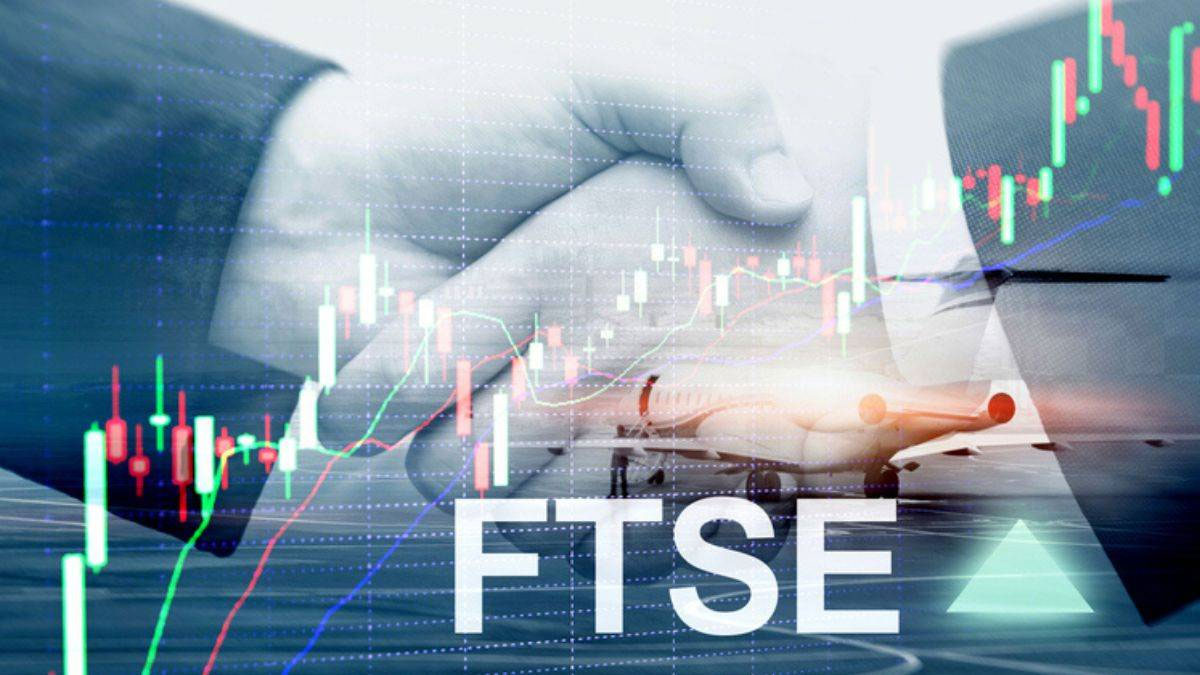

The Financial Times Stock Exchange 100 Index, also called the FTSE 100 Index, FTSE 100, FTSE, or, informally, the "Footsie" /ˈfʊtsi/, is the United Kingdom's best-known stock market index of the 100 most highly capitalised blue chips listed on the London Stock Exchange.
Founded in 1984 by Stock Exchange to better reflect activity on the market, it replaced the Financial Times' own FT 30. A new index allowed Stock Exchange to launch the options contract derived from the FTSE's real-time data, while competitors LIFFE launched the futures contract. By 1986, Margaret Thatcher's sweeping financial deregulation and high profile privatisations of index members British Telecom, British Gas, and British Aerospace had culminated in the Big Bang.[5] The combination of a new index, major privatisations, LIFFE tradable derivatives, and promotion by the Financial Times led to the FTSE 100 becoming the most widely used indicator of whether the UK stock market was rising or falling.[6] In 1987, privatisations continued with British Airways and British Petroleum. The latter concluded on the same day as Black Monday, a crash in which the index fell 21.73% in two days; one of those days is still the index's worst single-day return, –12.22%.
The index consists of 32 sectors, four of which have a market capitalisation exceeding £200 billion as at 28 June 2024. These are pharmaceuticals, oil & gas, metals and mining and banking services, which together account for approximately 46% of the index's capitalisation. On the same date, there were four companies with a market cap exceeding £100 billion: Shell, AstraZeneca, HSBC and Unilever, which together account for approximately 30% of the market cap.
Each calendar quarter, the FTSE's constituents are reviewed and some companies exit or enter the index, resulting in irregular trading volume and price changes as market participants rebalance their portfolios.